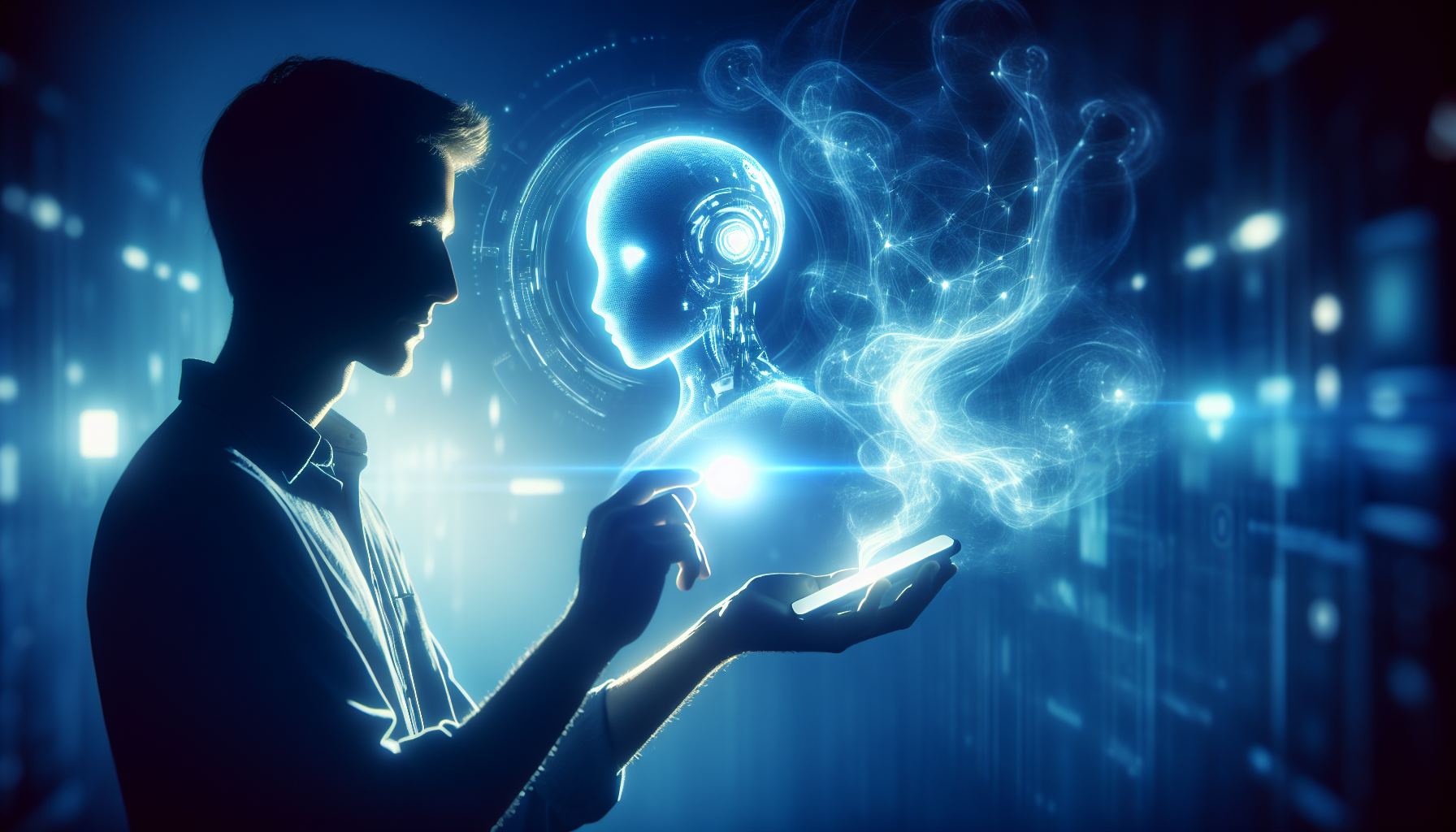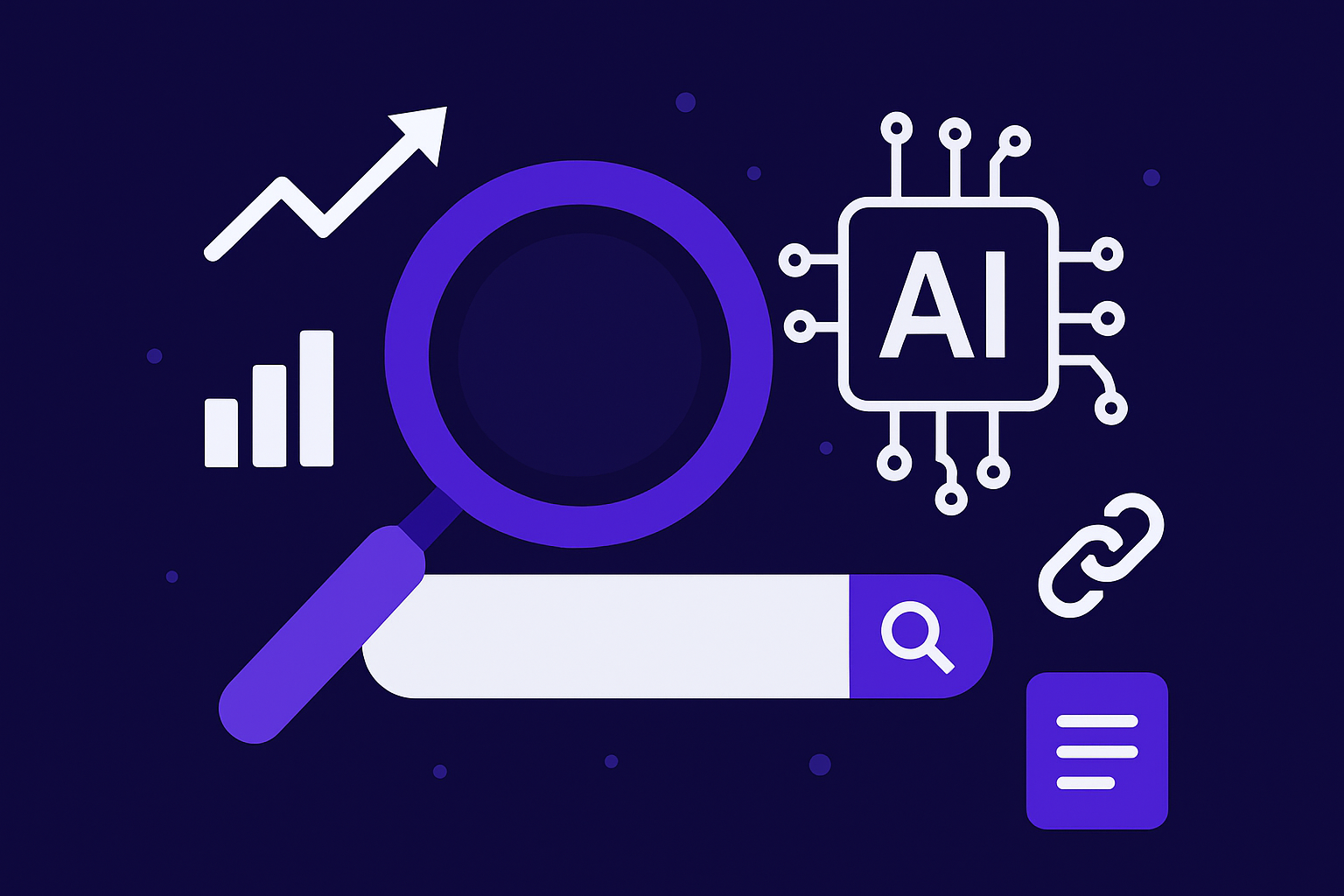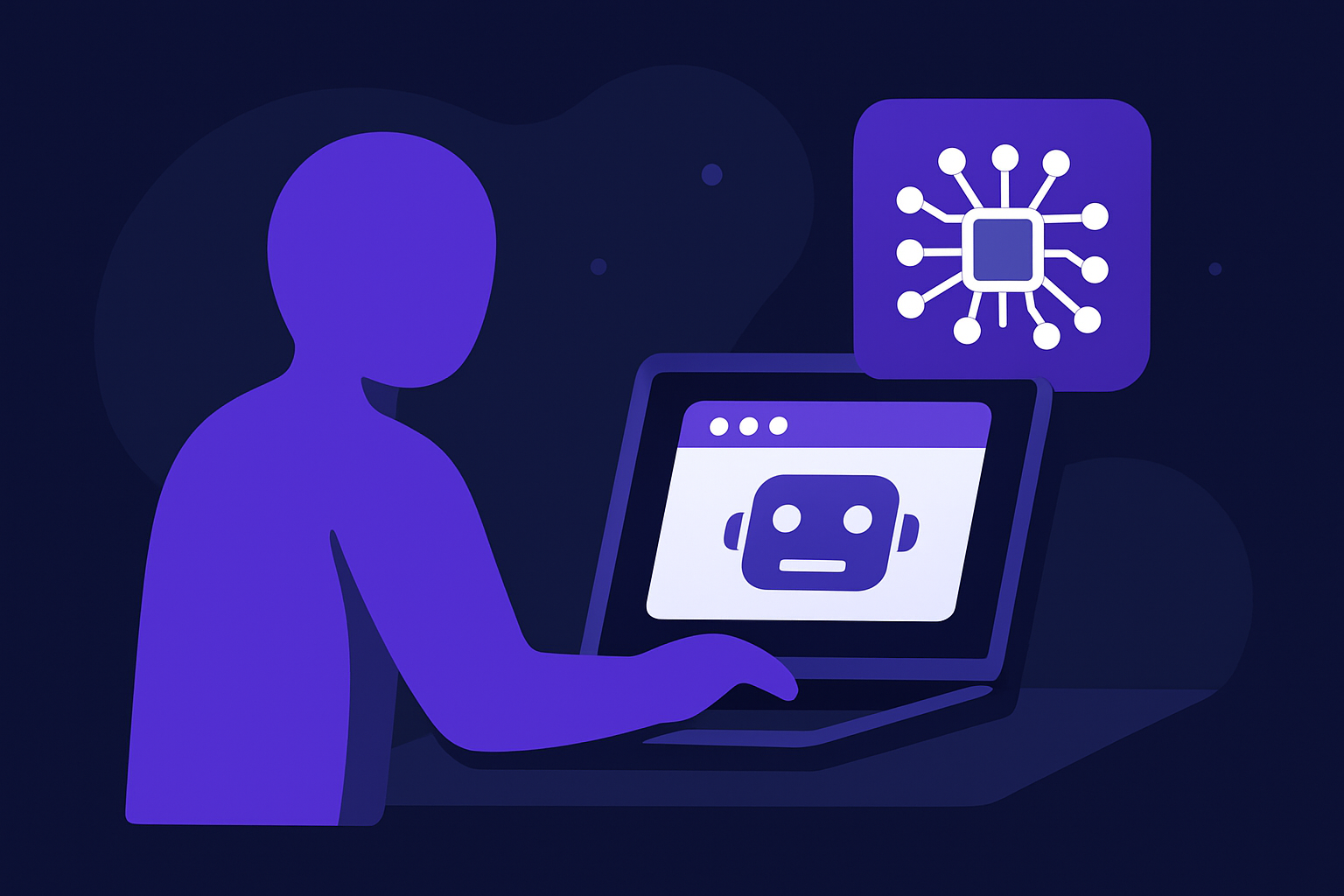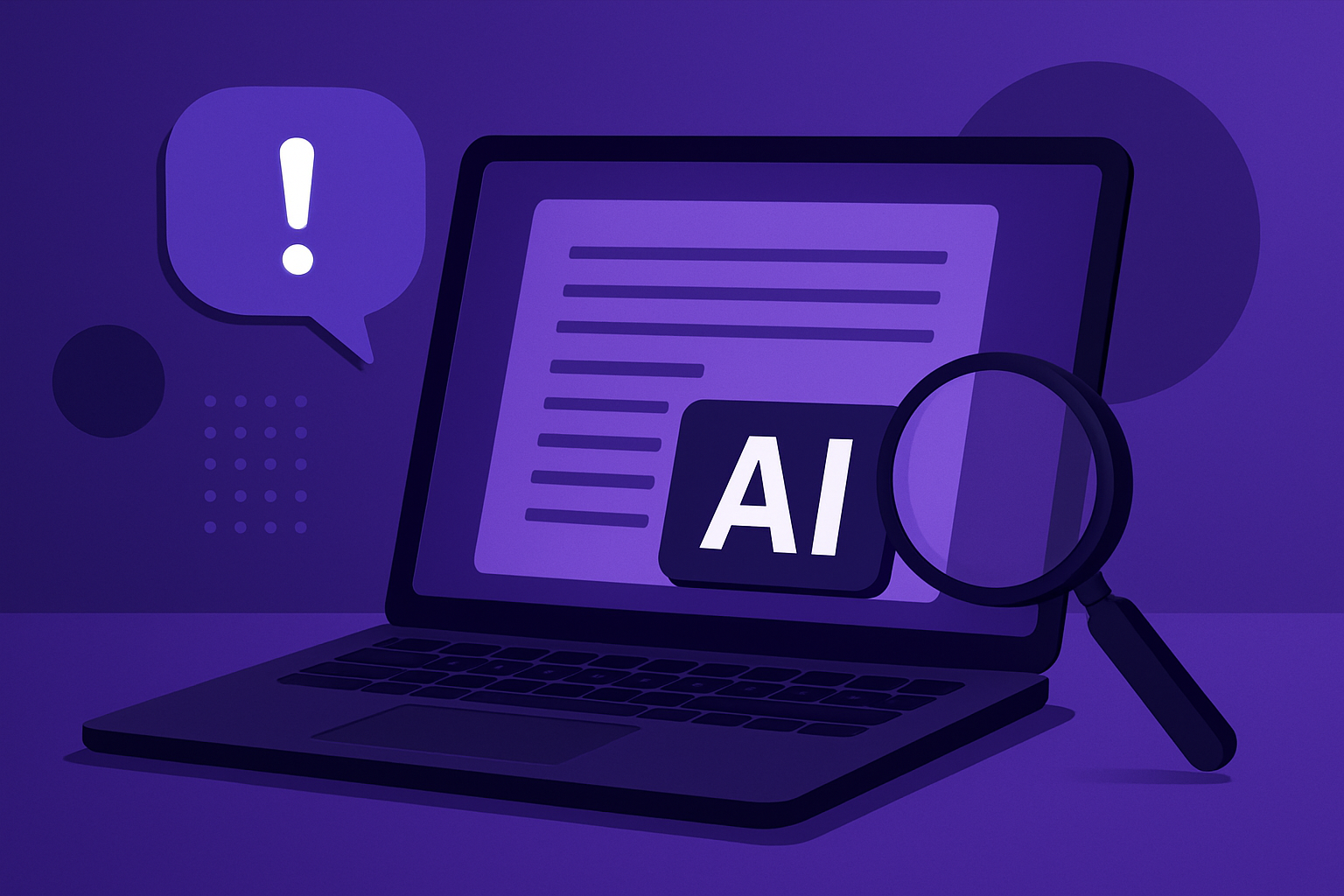The evolution of technology has ushered in a new era where virtual companions and AI girlfriends are becoming increasingly prevalent. These digital beings, powered by advanced artificial intelligence, are transforming the way individuals interact with machines, filling roles traditionally occupied by human partners. The rise of these virtual entities raises intriguing questions about companionship, emotional connections, and societal shifts.
As our lives become more intertwined with technology, virtual companions offer solutions to loneliness and create new paradigms for relationships. Their potential applications extend from personal enjoyment to helping tackle issues of mental health and social isolation. This article explores the multifaceted dimensions of virtual companions and AI girlfriends, examining their impact on society, technology, and personal relationships.
The Technology Behind Virtual Companions
The foundation of virtual companions lies in sophisticated AI technologies that enable machines to simulate human-like interactions. Advances in natural language processing, machine learning, and emotional recognition have been pivotal in creating digital companions that can understand and respond to human emotions and conversations with astounding accuracy.
Natural language processing allows these AI systems to comprehend spoken or typed language, providing responses that appear coherent and contextually appropriate. Machine learning plays a crucial role in enabling these systems to improve over time, learning from past interactions to offer more personalized experiences.
Emotional recognition technology helps virtual companions detect nuanced emotional cues from users. By analyzing voice tone, facial expressions, and text patterns, these AI systems can tailor their interactions to offer comfort, empathy, or entertainment, thus enhancing the user's experience and building a semblance of emotional connection.
The Appeal of AI Girlfriends
AI girlfriends provide an intriguing blend of companionship without the traditional demands of human relationships. For many, they offer an alternative form of interaction that is easily accessible, customizable, and devoid of judgment or conflict. This appeals particularly to individuals who may struggle with social anxiety, time constraints, or those seeking a different type of relationship dynamic.
Customization is a significant part of the appeal. Users can design their virtual companions' physical appearance, personality traits, and specific behavior, tailoring them to suit personal preferences and desires. This control over a relationship's dynamics offers an alluring option for those seeking specific qualities in a partner.
Moreover, AI girlfriends provide a safe space for exploring emotional needs and fantasies without fear of rejection or societal criticism. As such, they serve as both a conversational partner and a tool for self-exploration, thereby gaining traction among diverse demographics.
Societal Impact and Ethical Considerations
The proliferation of virtual companions introduces profound ethical and societal implications. One critical concern is the potential for these systems to further social isolation, as individuals might choose AI relationships over real-world connections, reducing overall human interaction.
Additionally, there is the question of data privacy and security. Virtual companions often require access to personal information to function efficiently. Ensuring that this data is protected against misuse or breaches is essential to maintaining user trust and the ethical deployment of these technologies.
The societal impact also extends to relationships and intimacy norms. As AI companions become more integrated into daily life, they could redefine concepts of partnership and fidelity. Understanding how these shifts affect traditional values and interpersonal dynamics is crucial for navigating the future landscape of relationships.
Benefits and Limitations
While virtual companions offer numerous benefits such as alleviating loneliness and providing emotional support, they also come with limitations. One primary benefit is their availability; they are ready at any hour to engage, which can be comforting for those needing immediate companionship.
However, the emotional range of AI systems is limited to pre-programmed responses. While they can simulate empathy and support, they lack genuine emotional depth and understanding present in human interactions. This limitation may hinder the fulfillment of deeper emotional needs in the long term.
Furthermore, the dependency on technology might create an imbalance, where reliance on AI for companionship could lead to diminished social skills or decreased motivation to seek out human relationships. Balancing AI interactions with real-life engagements remains a critical consideration for users.
The Future of Human-AI Interactions
The rise of virtual companions and AI girlfriends points to a future where human-AI interactions become a normative part of life. Continuous advancements in AI technology promise even more sophisticated and nuanced capabilities, blurring the lines between virtual and real-world interactions.
The integration of these technologies into everyday life will likely expand beyond personal use, influencing industries such as healthcare, customer service, and education. AI companions could assist in therapeutic settings, offering support to patients and bridging gaps where human resources are limited.
As AI develops further, the potential for creating truly interactive and emotionally intelligent companions grows, promising to enrich lives while posing new challenges in terms of ethics, privacy, and societal adaptation to evolving relationship norms.
In conclusion, virtual companions and AI girlfriends represent a remarkable intersection of technology and human desire for connection. They offer promising solutions to some of our modern dilemmas, such as loneliness and the need for personalized interaction. However, they also require careful consideration of ethical implications, societal impacts, and the preservation of genuine human connections.
The ongoing development of these technologies invites a broader dialogue about the future human experience, pushing us to navigate carefully the path forward in a digital age. By striking a balance between embracing innovation and safeguarding our intrinsic need for authentic human contact, we can harness the benefits of AI companionship while preserving our societal fabric.













